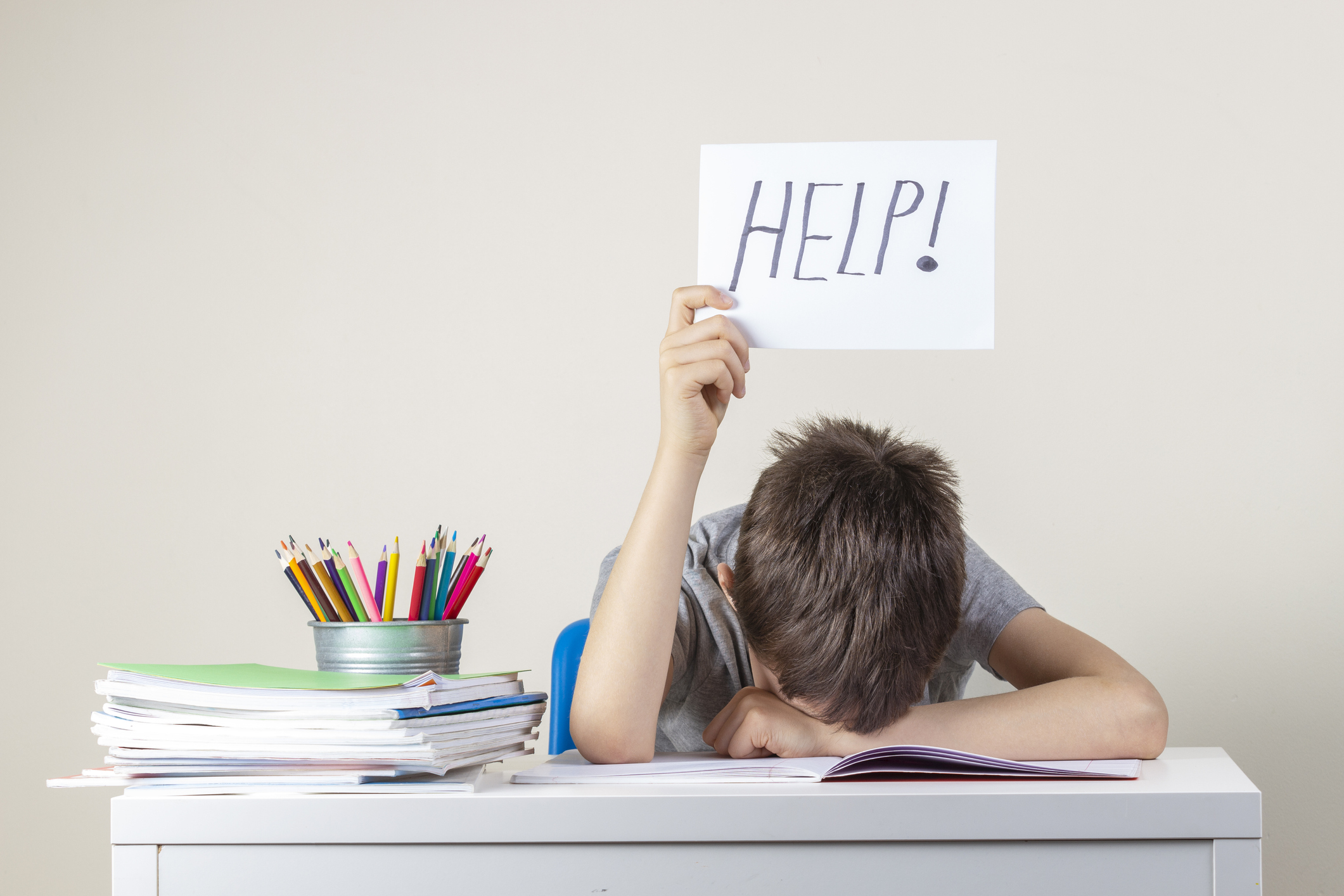
How Parents and Caregivers Can Help with Childhood Stress
As adults, it’s easy to view childhood as a carefree and happy time. But the truth is that children experience stress and anxiety, just like we do.
According to a study in JAMA Pediatrics, the rate of children between the ages of 3 and 17 diagnosed with anxiety increased by 29% between 2016 and 2020.
School and social life pressures can often overwhelm younger children, leaving them confused, scared, and struggling to cope.
As a parent or caregiver, it’s important to recognize if your child is struggling with stress and provide them with the love, support, and guidance they need to navigate difficult times.
In this blog, we’ll explore some practical strategies you can use to support your child during stressful situations.
We’ll also explore the emotional and behavioral symptoms that may indicate your child’s life is being impacted by stress.
How to help your child manage stress
Here are some of the most effective ways you can help your child manage their stress levels.
- Foster open communication: Encourage your child to talk about their feelings and concerns. Listen actively to your child’s feelings without judgment, and offer support and reassurance.
- Teach relaxation techniques: Practice deep breathing, visualization, mindfulness, or other healthy coping skills with your child. These techniques can help your child relax and manage stress and anxiety.
- Promote healthy habits: Ensure your child gets enough sleep, exercise, and healthy food. These habits can help your child’s body better cope with stress.
- Encourage play and socialization: Allow your child to play and have fun with friends. Playtime and socialization can provide a valuable outlet for worry and help your child build coping skills.
- Model healthy behaviors: Your child looks up to you as a role model, so be sure to model healthy behaviors for managing your own stress. Show them how you and your other family members cope positively with stress, such as going for a walk or talking to a loved one.
- Provide a sense of structure: Children thrive on routine and structure, so create a predictable daily routine for your child. This can help them feel more in control and anticipate what comes next.
- Seek professional help: If your child is experiencing excessive stress, consider seeking professional help. A therapist or counselor can help your child develop expert coping skills and strategies for managing stress.
What are the signs of stress in children?
Children may express stress differently than adults, so it’s important to be aware of emotional or behavioral cues indicating your child is stressed.
Some common signs of child stress include:
- Behavioral changes (acting out or becoming withdrawn)
- Emotional symptoms (experiencing anxiety, worry, or sadness)
- Physical symptoms (suffering from headaches, stomachaches, or fatigue)
- Sleep disturbances (trouble falling asleep or staying asleep, or nightmares)
- Decreased appetite or overeating
- Academic decline (difficulty concentrating, completing homework, or performing well in school)
- Less interest in extracurricular activities
Childhood stress can be a challenging and overwhelming experience for you and your child.
We understand the importance of children’s mental health at Children’s Medical Group and are here to support your family through this difficult time.
Our goal at CMG is to provide a safe and supportive environment where your child can learn effective coping skills to help them manage their stress and tackle new or recurring fears.
If you have questions about your child’s mental health, our providers are here to provide support and talk with you. To book an appointment with one of our experienced pediatricians today, Find your nearest Children’s Medical Group practice.
